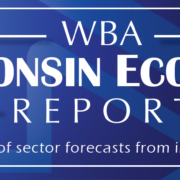Tax Implications for PPP Borrowers
Late last week, the IRS issued Notice 2020-32 related to the deductibility for Federal income tax purposes of certain otherwise deductible expenses incurred in a taxpayer’s trade or business when the taxpayer receives a covered loan pursuant to the Paycheck Protection Program under section 7(a)(36) of the Small Business Act (15 U.S.C. 636(a)(36)). This Notice can be found here.
Specifically, this Notice clarifies that no deduction is allowed under the Internal Revenue Code for an expense that is otherwise deductible if the payment of the expense results in forgiveness of a covered loan pursuant to section 1106(b) of the CARES Act, and the income associated with the forgiveness is excluded from gross income for the purposes of the Code pursuant to section 1106(i) of the CARES Act. The IRS said that to the extent the income resulting from loan forgiveness under the PPP is excluded from income, it’s considered a “class of exempt income” under regulations promulgated under section 265. The IRS believes this treatment of not allowing the deduction of these covered expenses is appropriate because it prevents a double tax benefit.
It is possible this IRS guidance will be reversed by Congress as the heads of congressional tax committees want expenses funded with small business loans to be deductible. Given this evolving situation, bankers are reminded to be careful about providing tax information regarding any aspect of the PPP loans, and encourage borrowers to consult with their tax advisor regarding any tax implications of a PPP loan.
By, Ally Bates




